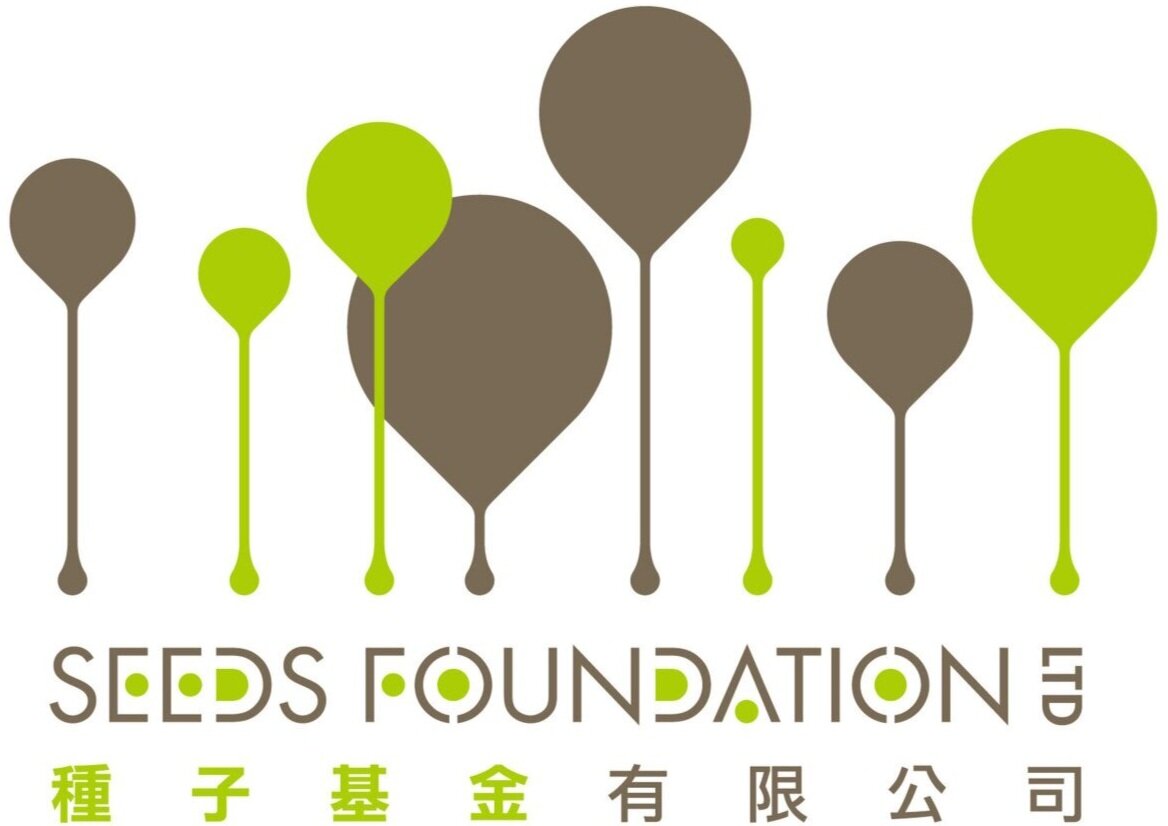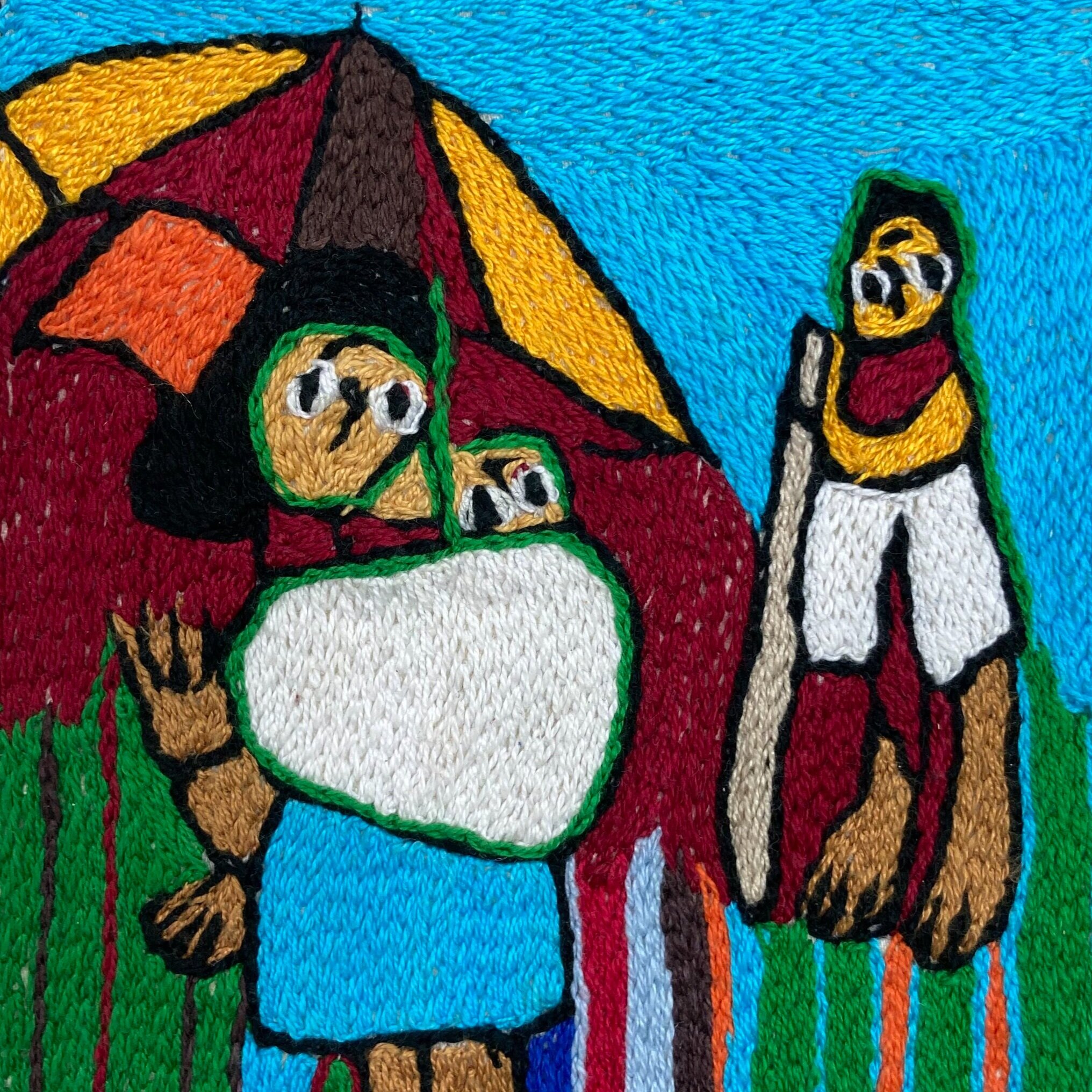United Israel Appeal: Ethiopian Jews resettlement
Millions of people search for freedom from racial and ethnic strife, for religious tolerance, economic opportunities, and a safe haven. Ethiopian Jews have been persecuted for centuries: they were sold into slavery, forbidden to practice their religion, and had their lands confiscated. In the 20th century, they faced famine, the constant threat of war, forced conscription at age 12, and poverty-stricken lives.
In 1977, Israel covertly aided a small number of Ethiopian Jews to immigrate to Israel after a rabbinical ruling that they were descendants of the biblical Jewish Dan tribe. Operation Moses in 1984/5 came to the aid of thousands more, and then Operation Solomon in 1991. Refugees lived in the Gondar camp while others made the perilous journey to Sudan. By 2005, it was estimated that 20,000 descendants of Jewish converts to Christianity, known as Falash Mura, still remained and were in constant danger. During this process of Aliyah (immigration), many families were separated as some members were approved to go to Israel and others have to wait. There is a need to ease the tremendous burden on these split families, and bring their loved ones to Israel, making their families whole again.
The Wings of a Dove Operation in 2013 was the final leg of the humanitarian journey for the Falash Mura wishing to make Aliyah. SEEDS supported the last 1,514 immigrants to resettle and integrate into their new home in the Promised Land. Scholarships for higher education were awarded to a number of promising youth from the existing Ethiopian community, now numbering 135,000.
Micha Feldmann, who has worked on Ethiopian Aliyah since its inception, says, "While Operation Wings of a Dove has been completed, the work is not over. Now we have to make sure the new immigrants integrate into Israeli society.
Resettlement is particularly challenging for these refugees coming from an agrarian, patriarchal society to an urban, industrialized culture. Absorption Centers provide day-to-day support for up to two years before people can move to private dwellings. Hebrew language instruction, remedial and therapeutic programs, enrichment classes, health care and cultural appreciation are but a few of the programs offered to the newcomers. These programs foster stronger family unity, increase chances of success in community living, and succeeding scholastically.
The current reality is that the Ethiopian community in Israel is one of the poorest and faces discrimination in the workforce – many are underemployed in service jobs. “Ethiopian households earn 35% less than the national average, and only half of their youth receive high school diplomas, compared with 63% for the rest of the population". If the Ethiopian immigrants are to progress in Israeli society, higher education becomes a key intervention.
Numerous meetings with our partners, site visits, a structured application process and follow-up reports were part of an arduous learning curve and due diligence process. Concomitant was the challenge of partnering with what we in Hong Kong often refer to as a GONGO (government-operated NGO). The United Israel Appeal is the officially sanctioned fundraising arm of the State and works with Keren Hayesod to implement the programs on the ground. Finding a way to track program expenditures, monitor progress, and evaluate outcomes and impact was important even though the donation was a small contribution to their annual budget. Our partners have a long history of local service provision and use independent program evaluators on a regular basis, and this made the decision to contribute easier.
SEEDS' Board and staff members made a site visit in March 2013. According to K O Chia, “We witnessed first-hand that to integrate the young immigrant must overcome the educational lag he/she faces, the youth (many orphaned or from single-parent homes) have to adjust to different social norms and prepare for the workforce, and some women experience family violence in the changing husband and wife roles. The elderly are often left idle”. Throughout the site visit, SEEDS was able to gain a better understanding of the needs of the refugees and the proposed support programs.
Already our efforts have begun to bear fruit as a total of 1,372 Ethiopian new immigrants (456 families) have successfully made the transition to permanent housing, having resided at least two years in Absorption Centers. A total of 1,400 students of Ethiopian origin have received higher education degrees in law, medicine, and social sciences through the SEEDS’ scholarships. Integration into Israeli society is the ultimate goal of this work. To understand and take action on the plight of a people with whom we have no familiarity and to partner with a foreign quasi-government body is a challenge that has been well worth the effort.
Above: Embroidery made by male Ethiopian Jews.
Learning: Due Diligence and Site Visits
Many of our partners have a strong sense of what they should be doing. Asking questions through due diligence helps the partner to think through the work envisioned. Good partners are open to the genuinely helpful questions, and often result in a stronger relationship with a higher success rate in the projects.
A site visit, when possible, is also essential. The donor has to show respect for the partner’s mission while reviewing aspects of their performance. Therefore it makes sense for the donor to speak to those with authority and responsibility for the entire operation as well as getting input from the intended beneficiaries.






